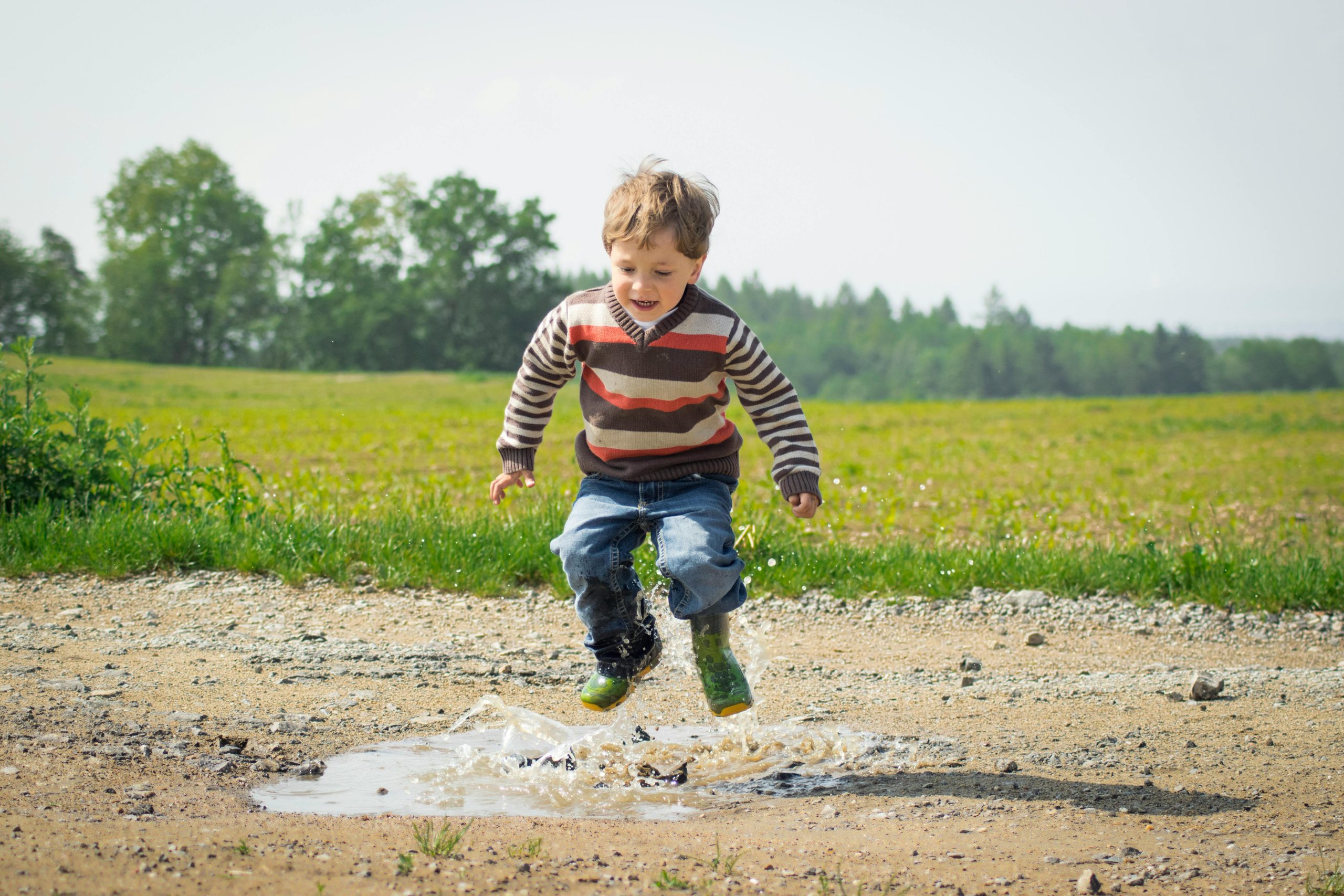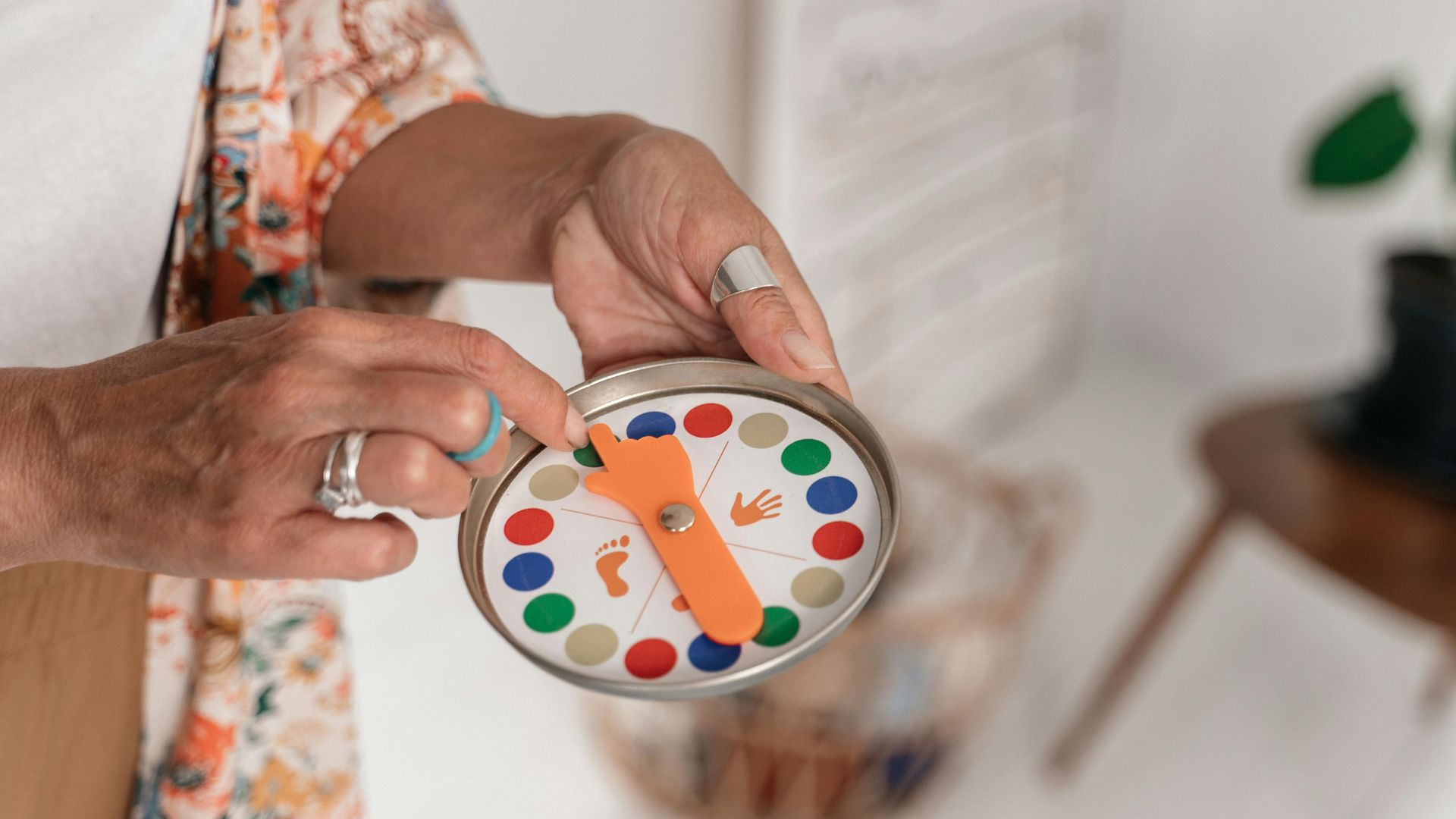Thriving Through Summer: Strategies to Keep Kids Engaged & Growing During Downtime
by Brianna Walker, MS | July 2023
Around July, we move into the humdrums of the summer season, and children and teens begin to get accustomed to their well-deserved break from school—a time for relaxation and unwinding. However, downtime, especially in long stretches, can often lead to boredom, unproductivity, and missed opportunities for personal growth. As a youth development professional, I am thrilled to share some strategies for parents and caregivers to help manage summer downtime for children and teens, enabling them to make the most of this valuable time. This blog post will explore strategies that promote personal growth, engagement, and overall well-being.
- Encourage the Pursuit of Passions and Hobbies
Summer downtime provides a wonderful opportunity for children and teens to explore their passions and develop new hobbies. Encourage them to identify their interests and provide the necessary resources and support to pursue them. You can boost their confidence, foster creativity, and promote a sense of fulfillment by helping them explore activities such as art, music, sports, coding, writing, or any other interest. Consider summer camps, workshops, and local clubs related to their interests, as these provide structured environments and additional learning opportunities. - Foster Physical Activity and Outdoor Fun
The longer daylight hours and warm weather during summer create the perfect setting for outdoor activities. Encourage your children and teens to engage in sports with their peers or join them in physical activities or outdoor adventures. Whether it’s a neighborhood pick-up game or participation in a local sporting club, these experiences enhance social skills in addition to promoting physical health and well-being. Also, exploring local parks and hiking trails as a family is an excellent way to limit screen time and ensure a healthy balance between indoor and outdoor activities, resulting in a well-rounded summer. - Volunteer and Engage with the Community
Summer presents a great opportunity for young people and families to give back to their communities through volunteering. Discuss social issues with your children and teens, research local organizations, and find suitable volunteering opportunities for them. Encourage them to join you in contributing to a cause they care about, whether it involves organizing a food drive, working at a local soup kitchen, participating in a beach cleanup, or taking on a role as a camp counselor or tutor. Engaging in volunteer work and positive community activities instills empathy, responsibility, and the importance of active citizenship. - Promote Lifelong Learning
Although summer break is a time for relaxation, you can help your young person keep their mind engaged and curious throughout the three-month hiatus from school. Encourage reading books and exploring educational websites and apps—such as Duolingo for language learning or SCRATCH, the world’s largest online coding community for kids developed by MIT. You can also help them attend workshops or start a small project aligned with their passions and interests. Urge your children and teens to set goals and create schedules that allow them to dedicate time to learning and help them foster a sense of achievement. By nurturing their love for knowledge and curiosity, you empower them to become lifelong learners. - Emphasize the Importance of Rest and Self-Care
While it’s important to keep your children and teens involved in activities that promote their passions, engagement, and curiosity, it’s also crucial to embrace summer as a time for rest and rejuvenation. Teaching young people about self-care and how to balance their schedule with adequate downtime benefits them throughout their lives by preventing future burnout and promoting overall well-being. Encourage your kids and teens to practice single-tasking and mindfulness and prioritize activities that help them unwind. By imparting the value of self-care and the various ways it can manifest in their lives, you equip them with essential tools for managing stress and emotions.
In conclusion, managing summer downtime effectively for children and teens holds the potential to foster personal growth, engagement, and overall well-being. By encouraging them to pursue their passions and hobbies, engage in physical activity and outdoor pursuits, contribute to their communities through volunteer work, maintain a love for learning, and prioritize rest and self-care, you help them make the most of their summer. Let’s come together to support and guide our youth in developing a fulfilling summer experience through appropriate downtime management, setting the foundation for a great season and future success.
By Brianna Walker, MS
Resources
Dindale, F. (2023, May 23). How to encourage young learners to read over the summer break. Satchel Pulse. https://blog.satchelpulse.com/how-to-encourage-young-learners-to-read-over-the-summer-break
Leiter-Wintraub, T. (2021, June 16). 9 steps for extracurricular activities to help your child find new hobbies. Connections Academy by Pearson. https://www.connectionsacademy.com/support/resources/article/9-steps-for-extracurricular-activities-to-help-your-child-find-new-hobbies/
PBS Kids for Parents. (2023, April 25). 11 Simple Self-Care Habits for Kids. https://www.pbs.org/parents/thrive/simple-self-care-habits-for-kids
Raisingchildren.net.au. (n.d.) Outdoor play. https://raisingchildren.net.au/toddlers/play-learning/outdoor-play/outdoor-play
Raisingchildren.net.au. (n.d.) Community activities and volunteering: pre-teens and teenagers. https://raisingchildren.net.au/pre-teens/entertainment-technology/free-time-activities/community-activity












